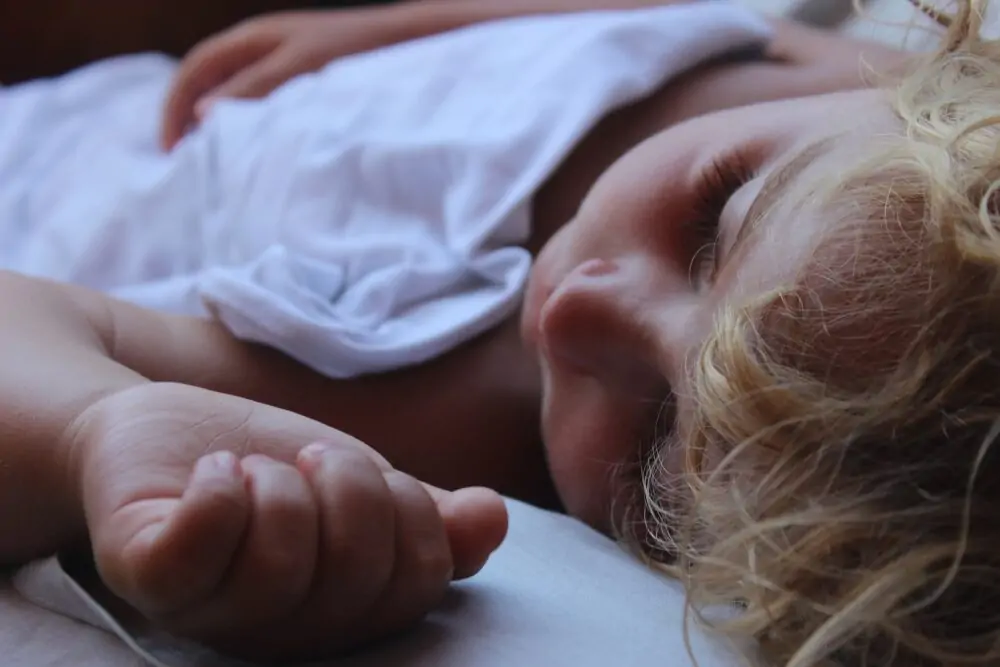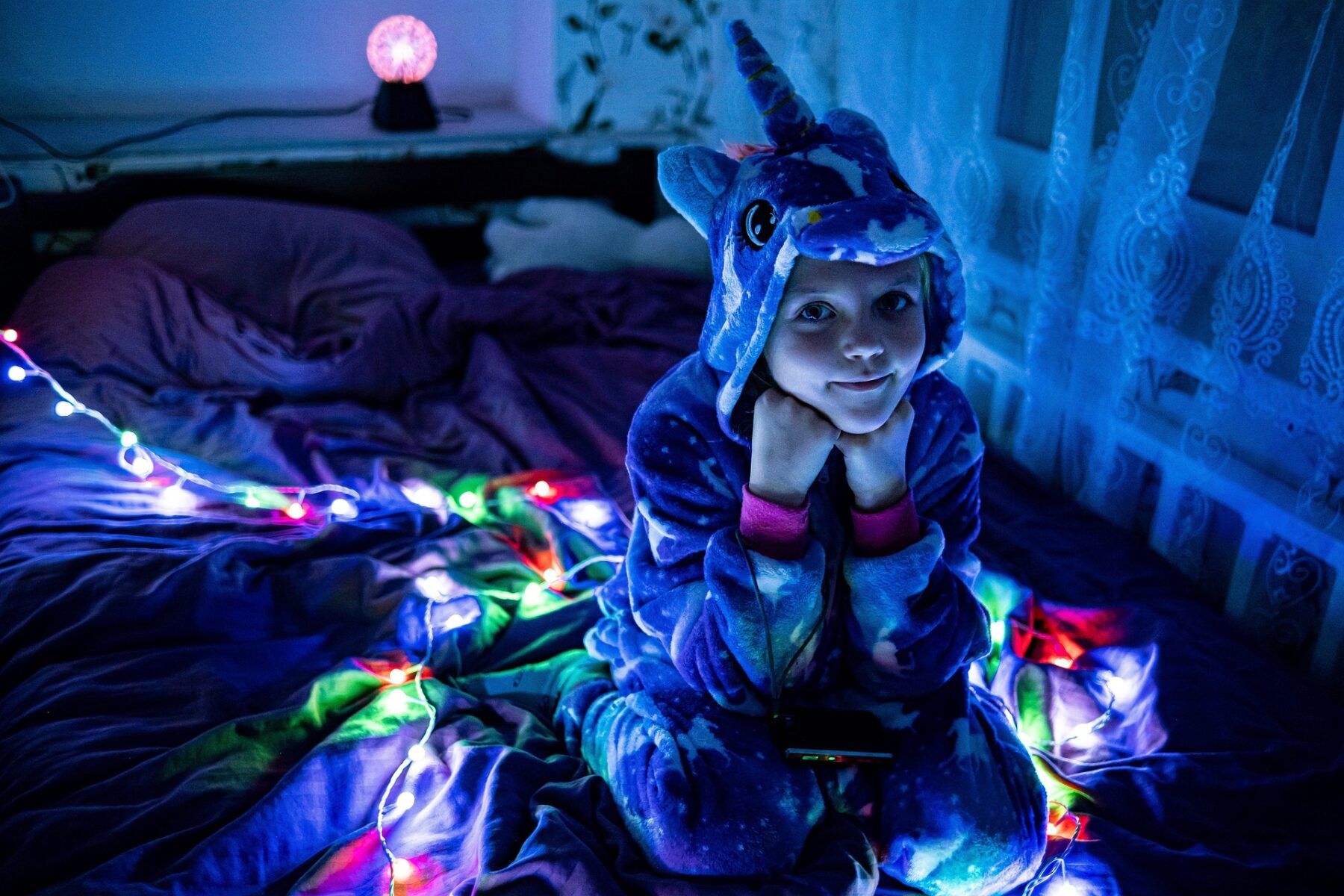The Importance of Sleep for Children
5 min read
Last Modified 5 June 2025 First Added 23 May 2023

Sleep. We all need it, from the oldest grandparent to the youngest baby. It’s the constant that we all experience, and require, in life, no matter where we live or who we are. It can also be one of those difficult things to get a handle on, especially when you are caring for kids.
So, let’s break down the key areas of children and sleep: How much sleep do children need, why is it so important, what can affect it, and some tips to help your child (and you!) rest a bit easier at night.
Sleep plays a vital part in physical growth and development in children. During sleep, the body releases growth hormones, which is necessary for the development of bones, muscles, and other tissues. When our kids rest, their body stores energy in the form of glycogen in the muscles and liver, which can be used for growth and development during waking hours.
Sleep is also essential for brain development in children. During sleep, the brain consolidates memories and processes new information, which is essential for learning and cognitive development.
Adequate sleep helps emotional regulation and social functioning in children. Children who don’t get enough sleep are more likely to have emotional outbursts, have difficulty regulating their emotions, and struggle with social interactions.
Good sleep habits are also linked to better physical health in children, including a reduced risk of obesity, diabetes, and other chronic health conditions. As a whole, it is important for parents to prioritise healthy sleep habits for their little ones to support their overall well-being.
When it comes to sleep, we always want to know how much they need, and when they should go to bed. Parents and family members alike often ask what time should 2 year olds go to bed, or if broken sleep still counts. It’s a complicated question, and there’s no set answer, but when it comes to snoozing advice the National Sleep Foundation’s updated sleep duration recommendations give us a great place to start.
As a general rule of thumb, they recommend:
This means that deciding when your child should go to sleep depends on their age and when they wake up. For example, if your kid is an early bird who wakes up at 6AM, and they are a toddler, try getting them to bed at 7PM.

There are a lot of different factors that can affect children’s sleep. Another study discussing factors affecting the quality of sleep in children noted that sleep habits, medical problems, caregiver factors, screen time, environment and even their genetics. After all, different people naturally have different sleep patterns. Some are naturally inclined to be night owls, for instance.
A few key things to look out for are:
While some of these are factors that can be controlled, others will take time and management beyond what you can do. Make sure to speak to doctors or other professionals if you suspect a sleep disorder, and work with your child to help with night terrors. A nightlight, comforting soft toys, or staying by them to help them drift off to sleep could give them the comfort they need to get that rest.
Now we have some general sleep knowledge, here are some tips to help your children sleep soundly at night. Some of these may seem like common sense, but there is a value to sticking to them consistently. None of these will be a quick fix, but steady progress will do wonders to help your kid get that great night’s sleep.
First and foremost, setting up a bedtime routine helps your kids know what to expect. A bath, a story, and getting fully settled into bed covers all the basics, but you can grow this to include chats with your kids (especially as they grow older) about their day or upcoming events, songs and lullabies, and any other needs they have that fit perfectly into that time.
Speaking of time, keeping a regular bedtime is also important. It can be tempting to let your child stay up late on the weekend or to let the business of life have bedtimes become free-form, but setting a time not only helps with the bedtime routine, but it also keeps their body in a regular pattern. Be kind to yourself, of course things happen, and we can’t always stick perfectly to timings.
Is your child scared of the dark? A nightlight could help give them that little comfort to rest easier. Do they tend to spook themselves with scary videos? Try to avoid letting your kid watch or interact with this kind of media if it leads to nightmares or jumpiness at night. You can also reward your child for being brave and facing their fears, and talk to them about ways to help them feel more settled.
Finally, and perhaps something that can seem confusing, is to help your child get natural light during the day – especially soon after they wake up. Natural light helps suppress a chemical we all produce called melatonin, which makes us sleepy. Keeping this suppressed until later in the day helps your child feel better through it, and then allows natural sleepiness to build when bedtime approaches. Encourage your child to play with outdoor toys to help them. Take walks with them when you can, and reap the benefits of a good balance of light.
Read our disclaimers.